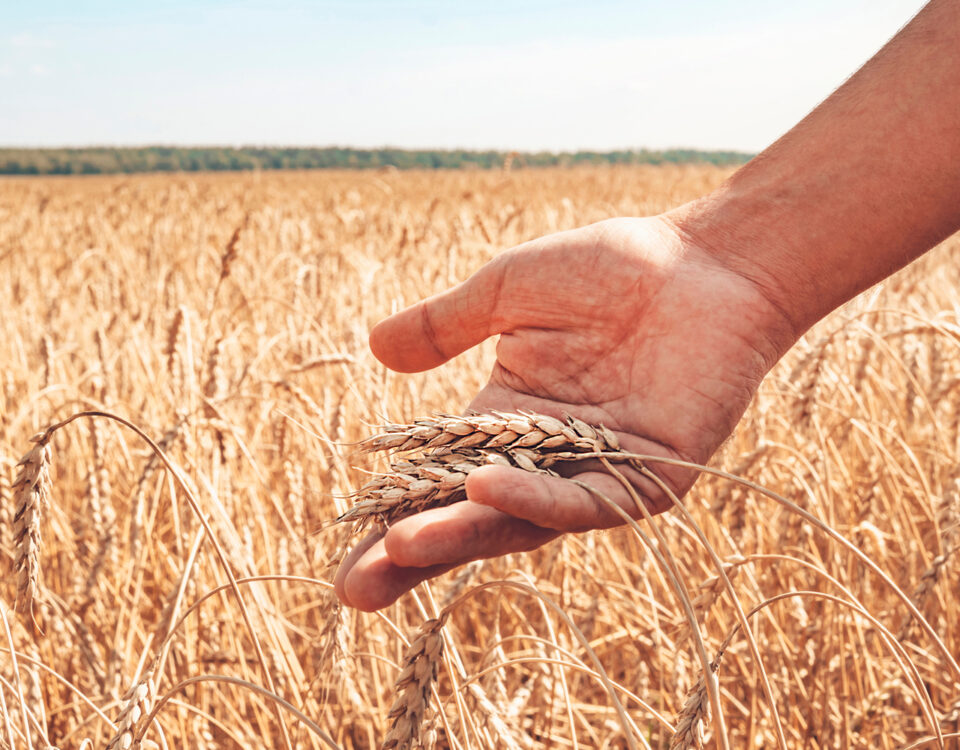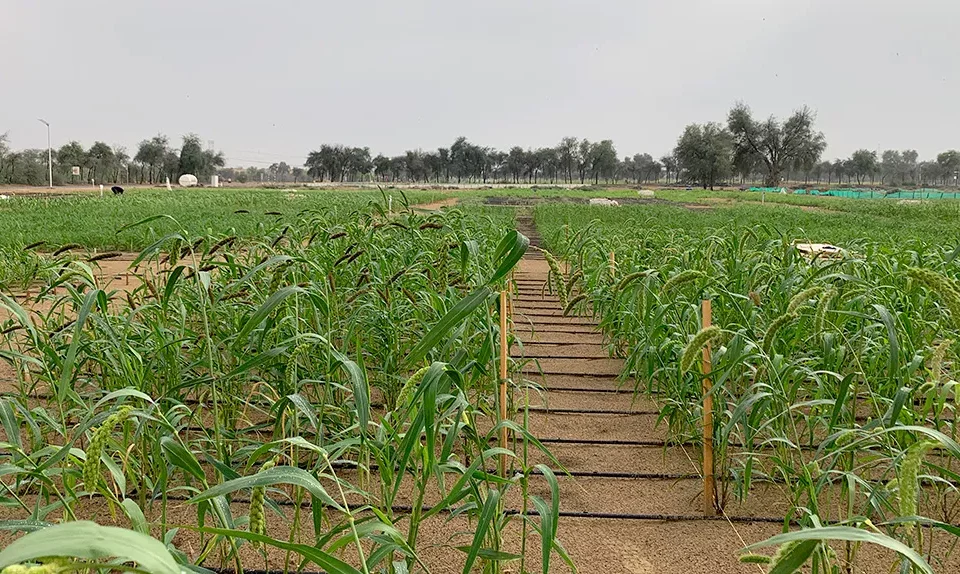
One Year On: India Rice Export Limits Keep Prices High
August 7, 2024
Top Techniques for Boosting Sugar Cane Yield and Quality
August 9, 2024Compost Fertilizer
Compost fertilizer is a natural, organic substance made from the decomposition of plant and animal waste. It transforms everyday organic materials, like food scraps and yard waste, into a nutrient-rich amendment that enhances soil health and fertility. Unlike synthetic fertilizers, compost provides a slow-release of essential nutrients, improving soil structure, moisture retention, and overall plant growth. Compost fertilizer is an eco-friendly and sustainable option that promotes healthier crops. It plays a vital role in reducing environmental impact, making it essential for modern agriculture.
Benefits for Soil Health
Compost fertilizer offers significant benefits for soil health, serving as a natural soil conditioner that enhances both structure and fertility. When added to the soil, compost increases organic matter, improving the soil’s ability to retain moisture and nutrients. This is particularly beneficial in areas with sandy or degraded soils, where water retention is often a challenge. Compost also encourages the proliferation of beneficial microorganisms, which play a crucial role in breaking down organic matter and releasing nutrients that plants can absorb. Additionally, compost helps to stabilize pH levels, making the soil environment more hospitable for plant roots. Over time, regular use of compost can lead to improved soil structure, reducing compaction and promoting better root growth. This results in healthier plants, increased resistance to pests and diseases, and ultimately, higher crop yields. By enriching the soil naturally, compost fertilizer supports sustainable farming practices and contributes to long-term soil health.
Nutrient-Rich Composition
Compost fertilizer is a powerhouse of nutrients essential for plant growth. It contains a balanced mix of macronutrients like nitrogen, phosphorus, and potassium, which are vital for healthy plant development. Nitrogen supports leafy growth, phosphorus strengthens root systems, and potassium enhances overall plant vigor and resistance to disease. In addition to these primary nutrients, compost also provides secondary nutrients like calcium, magnesium, and sulfur, along with trace elements such as iron, zinc, and copper, all of which contribute to a well-rounded diet for plants. What sets compost apart from synthetic fertilizers is its slow-release nature. Nutrients in compost are gradually made available to plants as organic matter breaks down, ensuring a steady, long-term supply. This not only reduces the risk of nutrient leaching and environmental harm but also promotes healthier, more resilient crops that can thrive in various growing conditions.
Supporting Sustainable Agriculture
Compost fertilizer is a cornerstone of sustainable agriculture, offering a natural way to maintain and enhance soil health while reducing environmental impact. By recycling organic waste into nutrient-rich compost, farmers can decrease their reliance on synthetic fertilizers, which often contribute to soil degradation and pollution. Compost improves soil structure, promotes microbial activity, and increases water retention, making it particularly beneficial in areas prone to drought. Additionally, composting helps to sequester carbon, reducing greenhouse gas emissions associated with conventional farming practices. The slow-release nature of compost ensures that plants receive a steady supply of nutrients over time, minimizing the risk of nutrient runoff and ensuring more efficient use of resources. By integrating compost fertilizer into their farming practices, farmers not only improve crop yields but also contribute to the preservation of ecosystems, fostering a more resilient and sustainable agricultural landscape for future generations.
A Natural Solution for Better Yields
Incorporating compost fertilizer into agricultural practices not only boosts crop yields but also supports long-term soil health and environmental sustainability. As a nature-based solution, compost is truly a gift that keeps giving, ensuring better yields and a healthier planet.
to read more agriculture related blogs on the website Click here.





